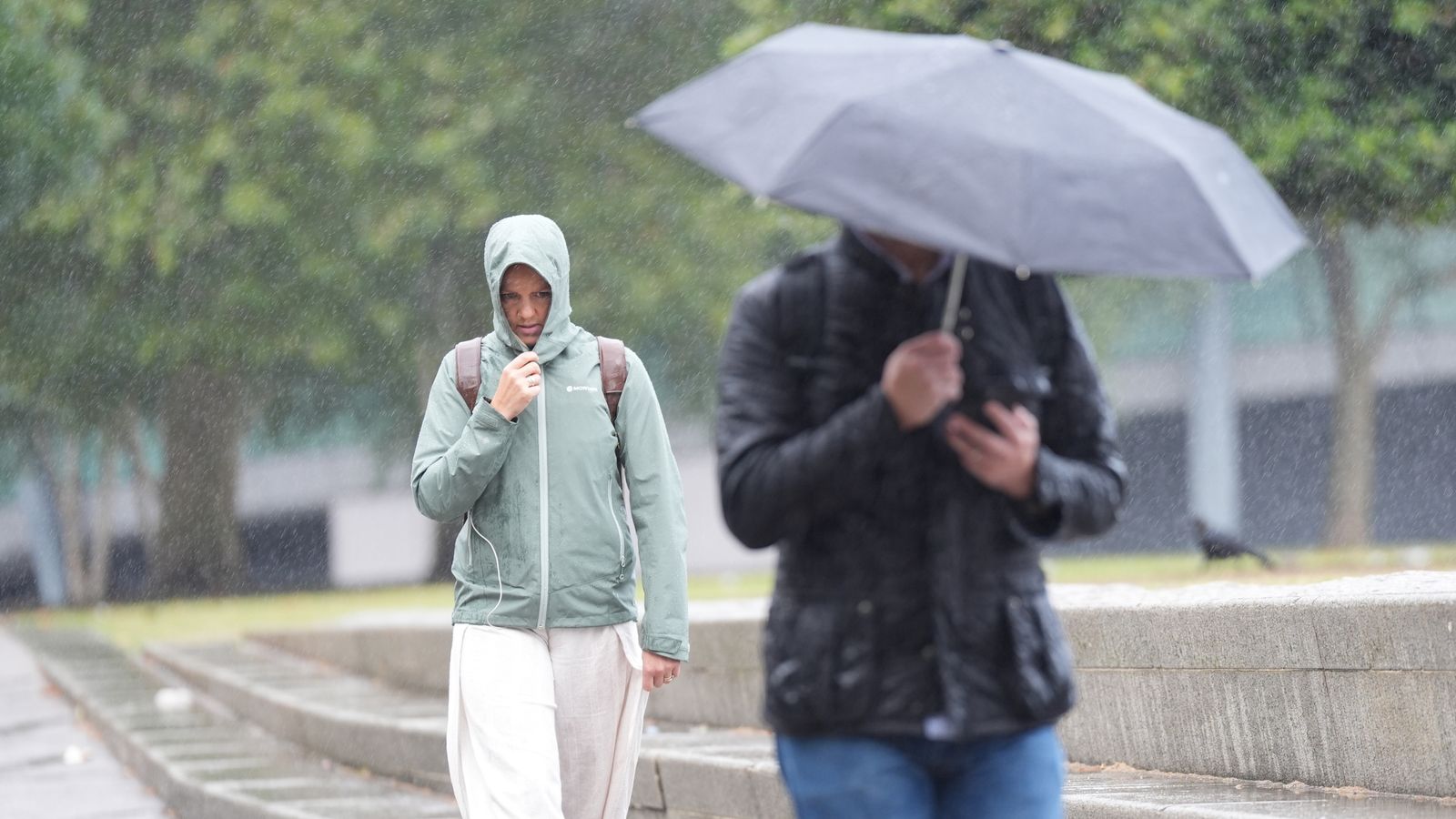
UK's Coolest Summer Since 2015: A Break from Recent Heatwaves but Still a Sign of Climate Change
The summer of 2024 has been notably cooler than the scorching summers we've come to expect in recent years, marking the UK's coolest summer since 2015, according to provisional data from the Met Office. Despite the respite from the extreme heat, this summer still fits into a broader pattern of climate change that continues to influence weather patterns across the globe.
This year, many in the UK experienced a summer that fell short of the sweltering temperatures and prolonged heatwaves seen in the last few years. Instead, it was characterized by cooler temperatures, frequent rainfall, and less sunshine, especially in the northern parts of the country. While some days were warm, they were not as intense or as frequent as in previous years, leading many to feel that summer never fully arrived.
Also Read:- Flames’ GM Conroy Eyes Trade Opportunities Amid Rebuild
- Trudeau Faces Viral Backlash as Steelworker Challenges His Policies
The data shows a clear regional divide in how this summer was experienced. In the South, South East, and East of England, the weather was relatively typical, with temperatures close to the seasonal average. However, the North West, Scotland, and Northern Ireland saw much cooler and wetter conditions. For instance, Scotland experienced a particularly wet August, with some areas receiving more than twice the average rainfall, especially during the impact of Storm Lilian. Meanwhile, parts of England enjoyed slightly warmer and drier conditions, with less rainfall and more sunshine compared to the northern regions.
Met Office scientist Emily Carlisle emphasized the importance of viewing this summer within a historical context. While it may have felt cooler compared to the hot summers of recent years, it still aligns with the ongoing trend of global warming. The average temperature for the UK this summer was 14.37°C, which is 0.22°C below the long-term average. However, when compared to historical data from 1961 to 1990, this summer would still be considered warmer than average, highlighting the impact of climate change over the decades.
The cooler temperatures were largely driven by a pattern of northern winds that brought cold Arctic air to the UK in June and July. August saw a shift to westerly winds, bringing slightly warmer Atlantic air, but the unsettled weather continued, with frequent rain and storms.
Despite the cooler conditions, the Met Office warns that this does not indicate a reversal of the long-term warming trend. Climate change continues to increase the likelihood of hotter summers, even though natural variability will occasionally bring cooler summers like this one. The unsettled weather and cooler temperatures might provide a temporary break from the intense heat, but they also serve as a reminder of the unpredictable and changing nature of our climate.
As we move into autumn, the Met Office has issued warnings for thunderstorms and heavy rain, further highlighting the unsettled conditions that have characterized this year. While the cooler summer of 2024 might be a welcome change for some, it is still a part of the complex and ongoing story of climate change that we must continue to monitor and address.
Read More:


0 Comments